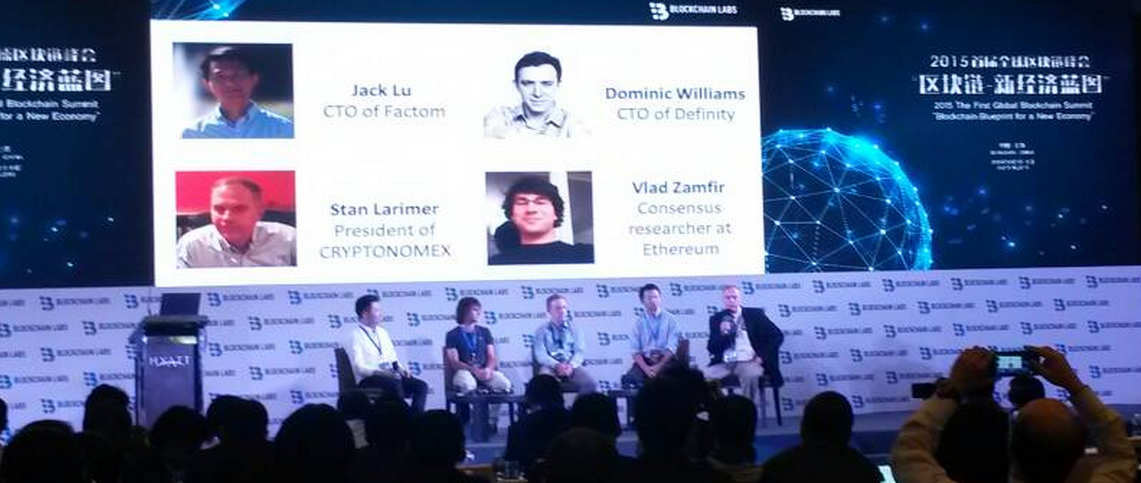Those who can, do; those who can't, teach.
Generally speaking, academic papers are produced by those who can add more value by teaching than by doing. More often than not academic papers are so formalized that they do a terrible job teaching. In other words, academic papers are written by academics for academics and are usually useless for those who actually want to DO what the papers talk about.
The one thing academic papers do provide is "respect" whether or not it is deserved. I give them about as much respect as I do a college degree. They are meaningless predictors of the ability of someone to actually do a job.
I don't believe in academic papers, normally they are not easily accessible to everybody, this is the problem with Crypto, it has to be easily accessible for anybody to understand and invest their time and money.
Xeroc is right the focus should be on explaining and documenting.
BM, I have had the same attitude as you in the past, doing vs teaching, but I have come to realised that I have done many things, that due to my lack of teaching (and incapability to open source) they have been eventually wasted. So you need to do both, or delegate

"If a tree falls in a forest and no one is around to hear it, does it make a sound?"
I like the other thread that Charles has started and el mato answers... with code references.

 .
.



